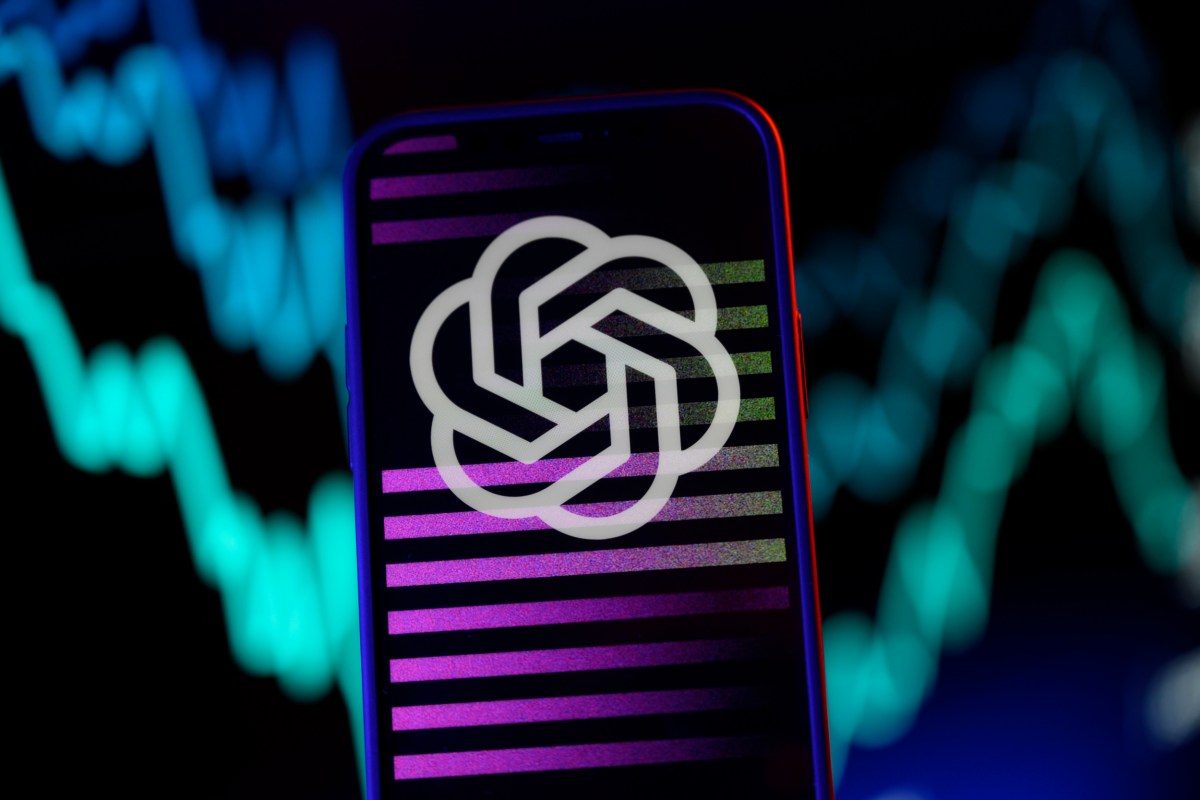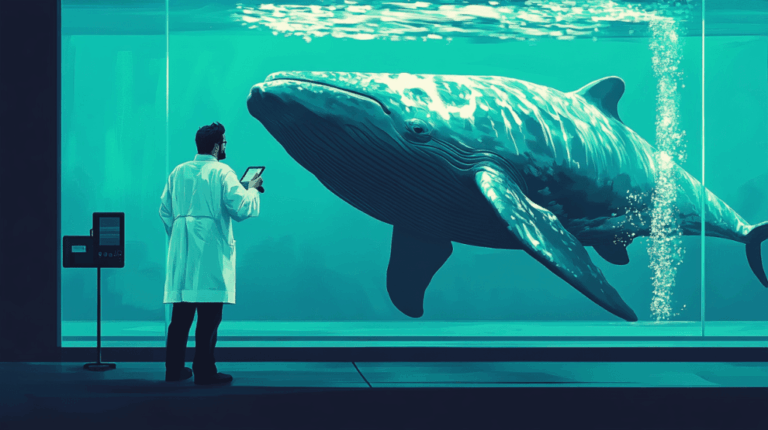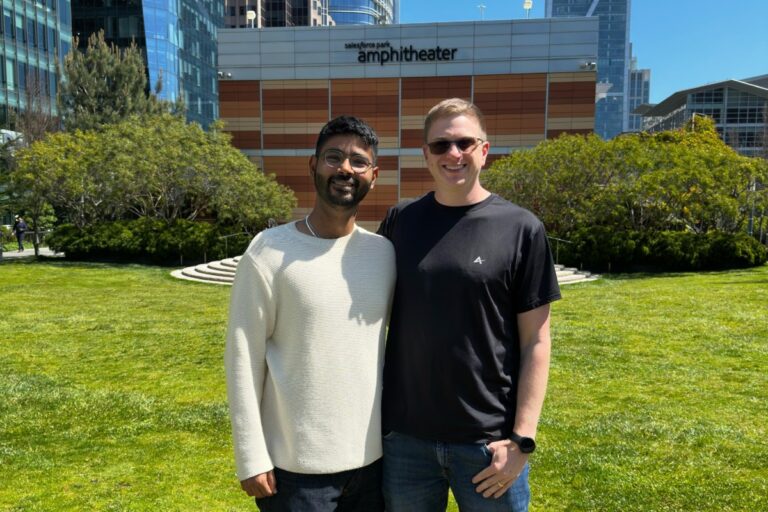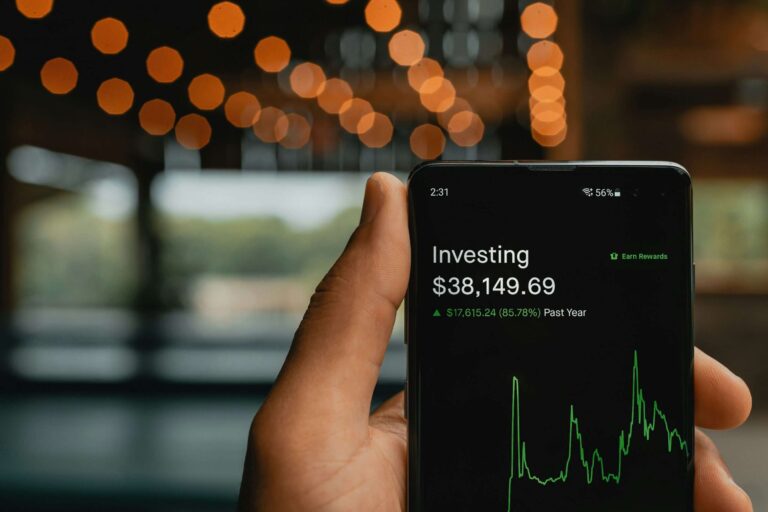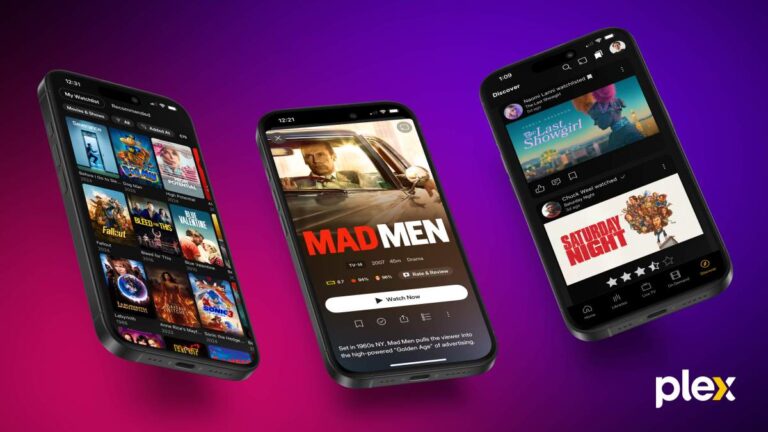OpenAI Engages with Government Officials on DeepSeek Investigation: Insights and Implications
OpenAI is currently engaged in discussions with government officials regarding its ongoing investigation into DeepSeek, a topic that has sparked significant interest in the AI community. The ChatGPT developer has raised concerns about potential misuse of its API, claiming that DeepSeek may have utilized improperly acquired data for training its AI models.
OpenAI’s Investigation into DeepSeek
During a recent interview on Bloomberg TV, Chris Lehane, OpenAI’s chief global affairs officer, confirmed that the company is actively pursuing this matter with governmental authorities. This investigation centers around allegations that DeepSeek has accessed and trained its AI models using data from OpenAI’s API without authorization.
Allegations of Copyright Infringement
OpenAI is facing criticism for what some perceive as hypocrisy. The company itself is embroiled in lawsuits filed by various publishers who allege that OpenAI’s models have been trained on copyrighted materials without permission. However, OpenAI’s focus on DeepSeek raises questions about its approach to intellectual property.
- Hypocrisy Claims: Critics argue that OpenAI’s pursuit of DeepSeek contradicts its own legal battles.
- Copyright Issues: Several publishers are suing OpenAI for unauthorized use of their works.
- DeepSeek’s Practices: OpenAI accuses DeepSeek of misappropriating its model outputs.
Comparing Training Methods
Lehane has articulated a distinction between OpenAI’s methods and those of DeepSeek. He compared OpenAI’s approach to “reading a library book and learning from it,” while he characterized DeepSeek’s practices as akin to “putting a new cover on a library book and selling it as your own.” This analogy highlights the ethical considerations surrounding data usage in AI training.
The Broader Implications for AI Ethics
The ongoing situation underscores the complexities of copyright and data usage in the rapidly evolving field of artificial intelligence. As discussions continue, it remains to be seen how this investigation will impact the broader conversation about ethical AI practices.
For more information on copyright disputes in the AI landscape, you can read about [OpenAI’s legal challenges](https://www.openai.com/legal-challenges) or explore [AI ethics](https://www.aitraining.com/ethics-in-ai) in more detail.
Stay updated with the latest developments in AI by following credible sources such as [Bloomberg](https://www.bloomberg.com) and [The New York Times](https://www.nytimes.com).

